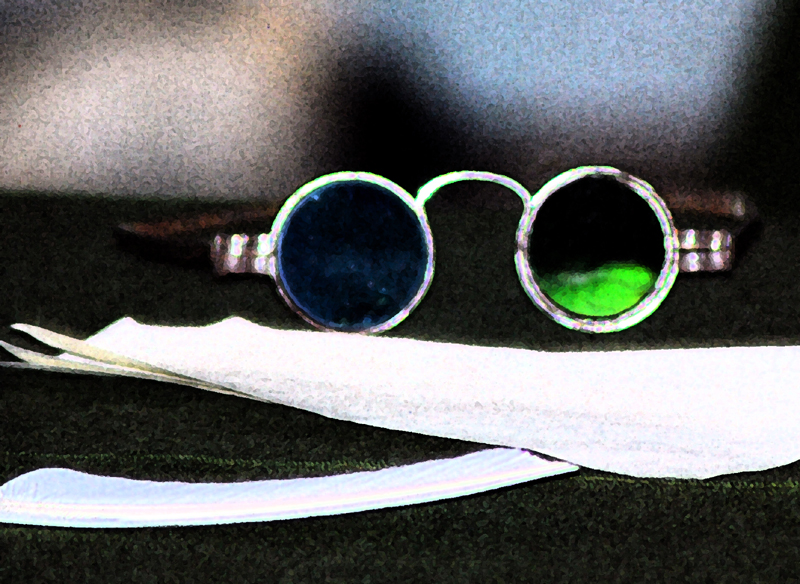Chapter 1
Things grew large on epsilon Eridani III, but it was the smallest of creatures that brought us down. We were barely two days into the unexplored jungle that lay to the north of S’uval, the riverside port
village that marked the farthest reach of human colonization on the planet.
I lay prostrate and sweating on the bedroll inside my tent,
hallucinating in the throes of my fever. I was dimly aware of T’aylang,
our native guide, bending over me; his massive, cylindrical head filled
my blurry vision. In my delirium, the rainbow of colors refracting off
his eye-hoop mutated into a medieval painting, one that depicted a
terrifying, insane vision of damned souls in hell.
“I’m dying,” I said weakly.
“Death without redemption is a terrible thing to contemplate, Mr.
Bishop,” T’aylang replied.
“The databulb. Make sure it gets to Kline.” I struggled to withdraw
the bulb from underneath my sweat-drenched shirt, where it hung on a
lanyard around my neck. Somehow it seemed imperative that I not take it
into hell with me. Perhaps my own redemption depended on it.
T’aylang reached down and stilled my fumbling hand. “Best to take
it to him yourself. You will survive, as will your colleagues. Eridani
insinuates herself into your flesh as we speak. She is harsh, but not
always deadly. It is only the first step of your true journey.”

 She takes a drag of the cigarette. “That so? All right then, crazy man, what’s a guy like you doing out here alone?”
She takes a drag of the cigarette. “That so? All right then, crazy man, what’s a guy like you doing out here alone?”
 She knew the castle roofs better than the humans ever would. She’d named every gargoyle. In the summers she’d climbed the rafters of the bell tower and watched the cuckoos come and lay their eggs in other birds’ nests. She knew how you couldn’t trust the gatehouse, since its roof was rotten with moss and about to fall in, but the roof over the kitchens was a good place. There was a good shot there for throwing bits of slate at the kitchen boys when they went out. They’d put their hands over their heads and beg her not to hex them, so naturally she’d dance back and forth and yell ooga-booga until they screamed and ran back inside. The humans all smelled funny, anyway.
She knew the castle roofs better than the humans ever would. She’d named every gargoyle. In the summers she’d climbed the rafters of the bell tower and watched the cuckoos come and lay their eggs in other birds’ nests. She knew how you couldn’t trust the gatehouse, since its roof was rotten with moss and about to fall in, but the roof over the kitchens was a good place. There was a good shot there for throwing bits of slate at the kitchen boys when they went out. They’d put their hands over their heads and beg her not to hex them, so naturally she’d dance back and forth and yell ooga-booga until they screamed and ran back inside. The humans all smelled funny, anyway.